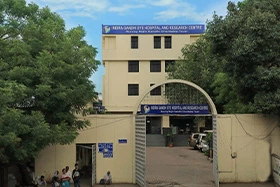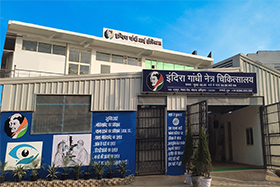To know if you're a candidate for Lasik, a thorough eye exam is necessary. Ideal candidates are usually over 18, have stable vision, and experience nearsightedness, farsightedness, or astigmatism. Having healthy eyes is also important, as conditions like severe dry eyes or infections could affect healing. An ophthalmologist can assess your eye health and personal needs to determine if Lasik is the right choice for you.
- A stable eyeglass prescription for at least two years.
- Best corrected vision of at least 20/40.
- Healthy cornea
- No active eye disease.
- Over 18 years old





